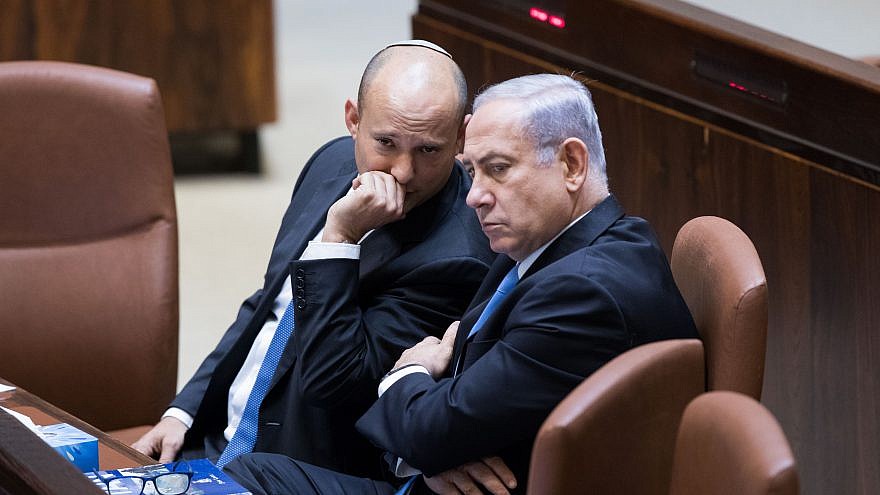The machinations of some of the leading politicians in Israel are sufficiently transparent to make it possible to draw one’s own conclusions irrespective of what they tell us. Thus, for example, Avigdor Lieberman’s decision to resign as minister of defense and withdraw his party from the coalition was probably due to the demonstrations against the ceasefire with Hamas by people living close to the Gaza border. They reported frustration and more because, in their opinion, Israel didn’t do enough to stop the rockets from Gaza falling on them. Lieberman must have assumed that by resigning and forcing an election soon he might gain the support of the frustrated Israeli demonstrators and their kin.
I had erroneously assumed that the military shared Lieberman’s alleged frustration. Apparently, this isn’t the case. Though confident that Israel could smash Hamas, Israel’s military leaders nevertheless appear to have decided that truce was preferable to war. By all accounts, when Lieberman left, the generals weren’t exactly heartbroken.
I surmise, therefore, that they weren’t thrilled at the prospect of Naftali Bennett wanting to succeed Lieberman as minister of defense. Bennett’s electoral base is in the settlements and he makes much of his alleged hawkishness. He let it be known that, unless he became defense minister, his party too would leave the coalition. The government would then no longer have a majority thus making an early general election inevitable. Bennett, like Lieberman, may have wanted to get the votes of the disgruntled by presenting himself as a defense minister who wants war. He has now cancelled his demand and will stay in the government. What persuaded him is difficult to know, but the rabbis of the settlements may have had something to do with it. Or did Netanyahu whisper something in his ear?
Finance Minister Moshe Kahlon, the leader of another party that’s part of the coalition, may have also wanted an early election. He had just agreed to improve the pensions of retired police officers and other personnel which, he seemed to hope, may have given him their votes in the next election. But he, too, decided to stay in the government. Again, the prime minister may have told him something that made him change course.
Mr. Netanyahu does indeed hint that he has information that he cannot share with the public for security reasons. This, he tells us, makes it imperative to keep his present government going until its term is up at the end of next year. Though according to current polls he would do very well had elections been held now, he’s nevertheless most anxious to delay them as long as possible.
There used to be a time, I recall, when that kind of statement by the leader of the country would have been accepted as gospel truth. But fake news has now become a reality. As a result, none of us can easily accept politicians’ statements at their face value. So we speculate: does Netanyahu’s opposition to go to the polls now have something to do with the various potential law suits that are hanging over his head? Or is he anticipating a peace plan for the Middle East by the Trump administration that may cost him his premiership? There’s no shortage of speculations. Please feel free to add your own.
In the meantime, however, we’ve every reason to be grateful that we’ve been spared another war in Gaza with no gain and many casualties at the end of it and that, in the meantime, the government’s very narrow majority will inhibit it from introducing more unpalatable laws.
Republished from San Diego Jewish World


























